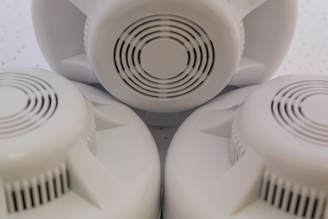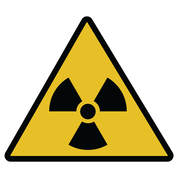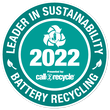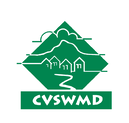|
How to tell if your smoke alarm is ionized

- -Look on the front, back, or inside of the unit.- Check for the word “Photoelectric” (or the symbol “P”) or the word “Ionization” (or the symbol “i”)
Some smoke detectors contain a small amount of radioactive material called americium 241 (am-er-ish'-ee-um). Look on the back of the unit for the designation Am 241. Some dual function alarms, for smoke and carbon monoxide detection, also contain americium.
Single purpose Carbon monoxide (CO) detectors do not use radioactive substances; they can aslo be recycled at the ARCC.



